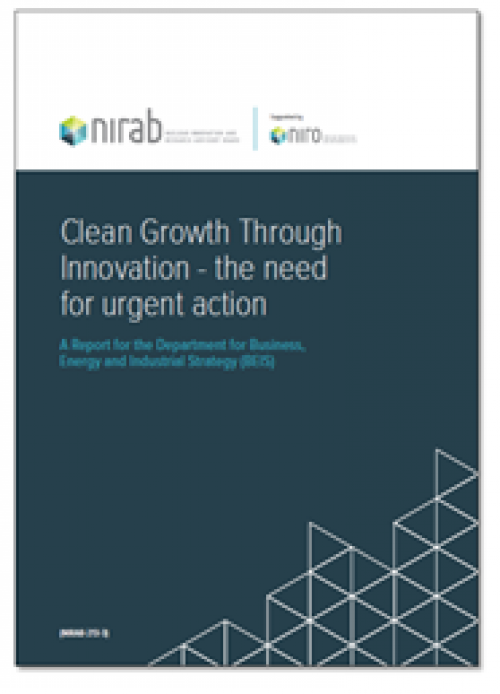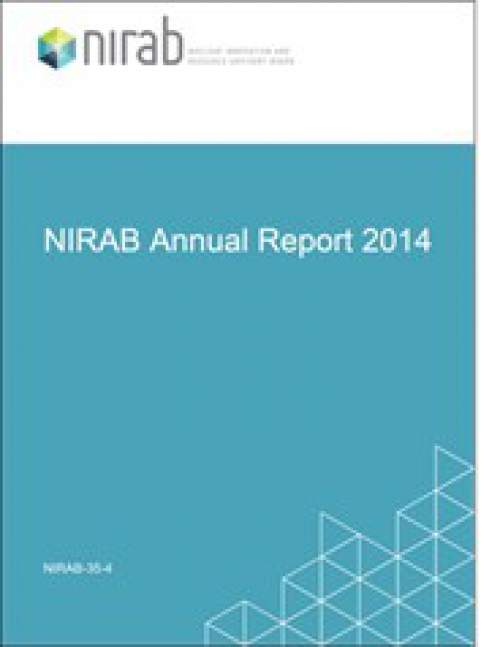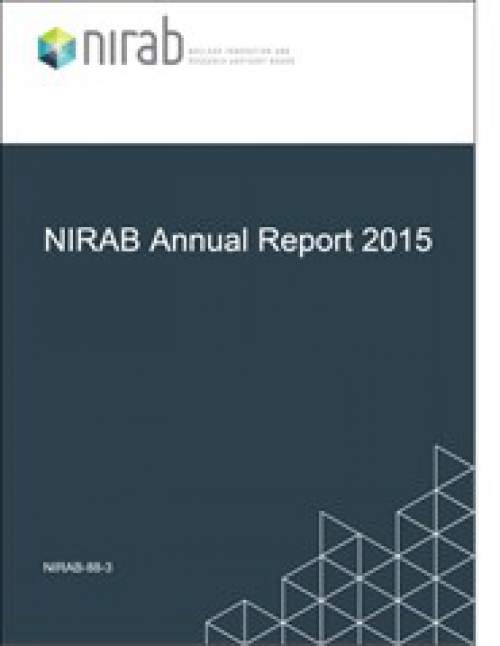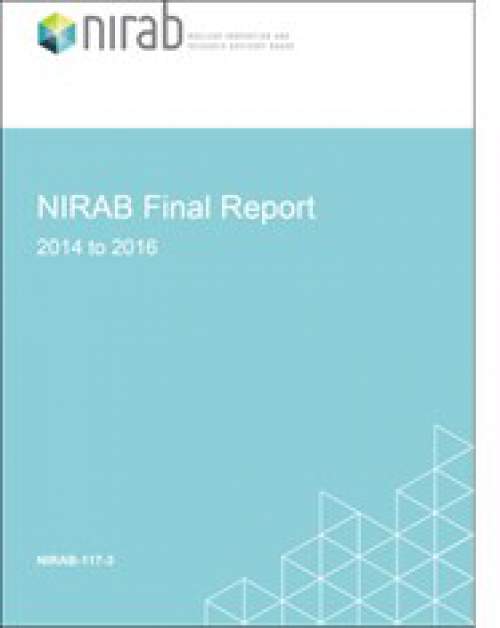This is the first report summarising the work undertaken by NIRAB since it was reconvened in 2018. The report provides an initial set of findings and recommendations to Government in response to questions it posed NIRAB:
- To monitor the delivery and impact of the BEIS Nuclear Innovation Programme and recommend any amendments that may be necessary in the light of outputs from the programme and developments in the nuclear landscape.
- To advise where innovation could drive down costs across the whole nuclear life-cycle
- To identify opportunities for greater collaboration with industry and international partners.
The work to date has yielded some strong recommendations for Government to consider regarding future nuclear energy research and innovation. Foremost is the need for urgent action to accelerate the development and demonstration of technologies that can broaden the role nuclear energy can play in decarbonisation across all energy sectors. Government has an enabling role to play in facilitating the private sector to bring forward technologies and commercial products. NIRAB recommend that BEIS implement the remainder of the current £180 million investment in the Nuclear Innovation Programme as planned – this is already having a significant impact. In addition, from an initial assessment by NIRAB and NIRO, it is recommended that over the next five year spending review period (from 2021), to accelerate innovation, Government should consider investing up to £1 billion; made up of in the region of £300 million to continue to develop cutting edge skills, and enable appropriate UK supply chain capability and capacity; plus in the region of £700 million in providing the infrastructure and cost-sharing incentives for industry to develop and construct Advanced Nuclear Technology demonstrators. In return Government should expect significant private sector leveraged investment.
Click here for a Web Version



